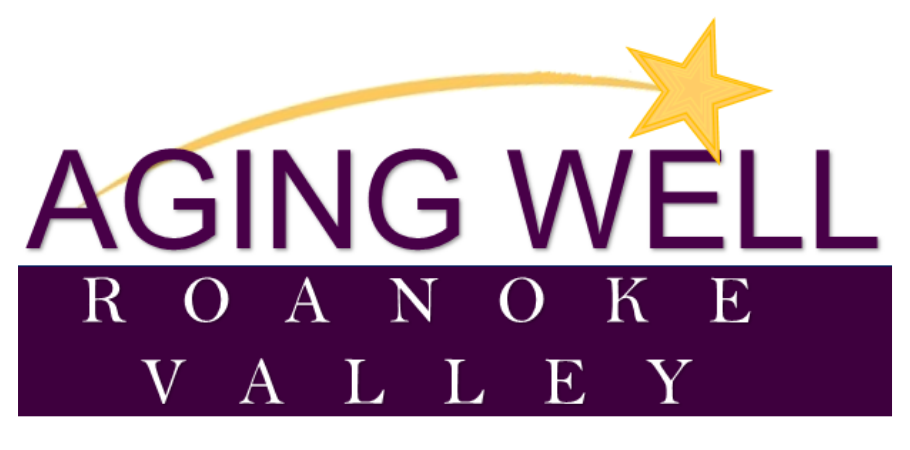Memory changes are a normal part of aging, but staying mentally active and supported can make a meaningful difference in quality of life. The Memory & Brain Health section provides gentle guidance, activities, and tools to help keep the mind engaged and to support families who may be concerned about memory loss. Our goal is to offer practical resources, not diagnoses—always in partnership with professional medical care when needed.
Activities & Tools for Memory Support
Simple, enjoyable activities can help keep the brain active and routines more organized. Calendars, labels, reminder boards, and structured daily schedules can all support memory and reduce frustration. This section shares ideas for everyday memory-support tools and how to incorporate them into home life without feeling overwhelming.
Books, Games & Brain-Training Apps
Reading, puzzles, and games offer a fun way to challenge the mind while also providing relaxation and enjoyment. Today there are also many brain-training apps designed to support focus, recall, and problem-solving. Here, we highlight engaging books, games, and digital tools that older adults and families can use together to keep the brain active.
Understanding Memory Changes & Dementia
It can be hard to tell the difference between normal forgetfulness and something more serious, and it’s common to feel worried or unsure. While only a healthcare professional can evaluate and diagnose conditions like mild cognitive impairment or dementia, it helps to know what signs to watch for and where to find support. This section offers a gentle introduction to memory changes, points to trusted resources, and encourages open conversations with doctors and loved ones.
When to Seek Professional Help
There are times when memory or behavior changes signal that it’s important to reach out to a professional for guidance. Early conversations can open the door to helpful treatments, planning, and support services for everyone involved. In this section, we outline common signals that it may be time to see a doctor or specialist and share tips on how to prepare for that visit.



